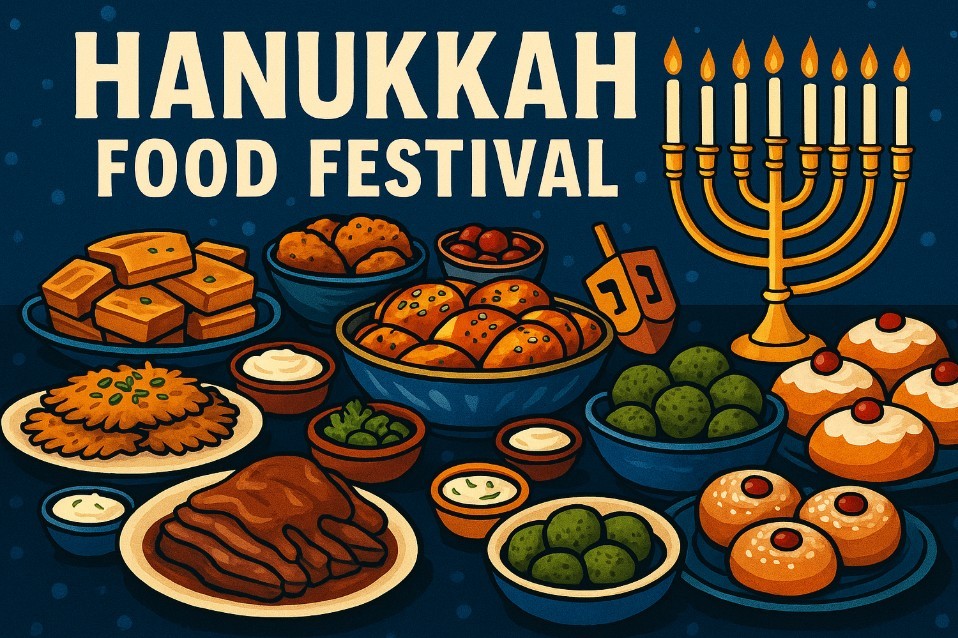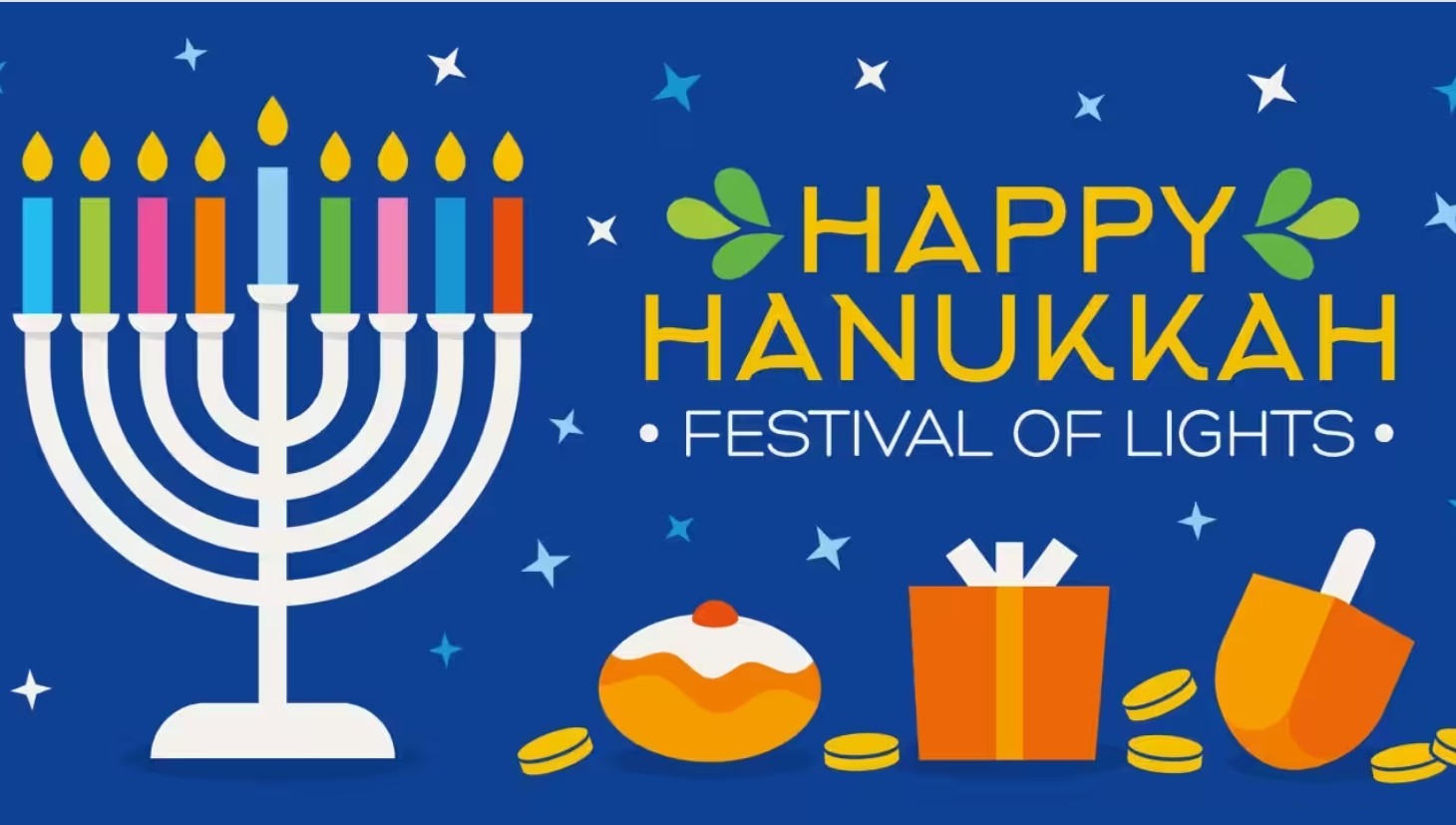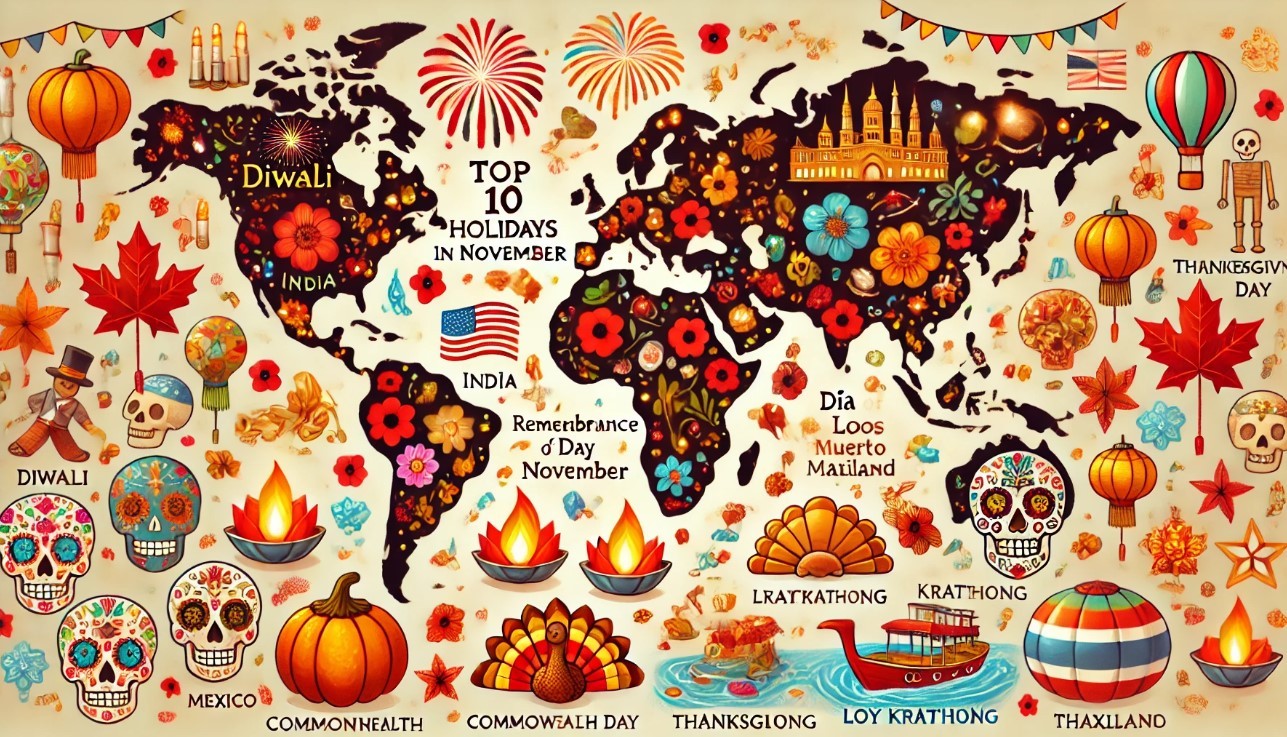Hanukkah 2024: Dates, Locations, Significance, Activities and Events
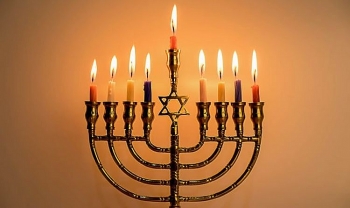 Happy Hanukkah: Best wishes and quotes Happy Hanukkah: Best wishes and quotes |
 Happy Hanukkah Day: Top 10 E-cards Happy Hanukkah Day: Top 10 E-cards |
What is Hanukkah
Hanukkah is an eight-day Jewish holiday that starts on Kislev 25, which is typically in December in the Gregorian calendar. By lighting candles on each day of the festival, Hanukkah reaffirms the principles of Judaism and specifically remembers the rededication of the Second Temple of Jerusalem. Despite being left out of the Hebrew Scriptures, Hanukkah became a widely observed holiday and is still one of the most well-liked Jewish religious holidays.
Hanukkah: Dates
Hanukkah spans eight days and nights, beginning on the 25th day of the Hebrew month of Kislev. This usually falls in late November or December. For 2024, Hanukkah begins on the evening of December 25th and ends on the evening of January 2nd, 2025.
Hanukkah: Location
Hanukkah is celebrated by Jewish communities around the world, from bustling metropolises like New York City and Tel Aviv to smaller towns and villages. Public menorah lightings and festive gatherings can often be found in places like:
- The Western Wall in Jerusalem: A central location for religious observance.
- Union Square, New York City: Known for its grand public menorah lighting.
- Dohány Street Synagogue, Budapest: A cultural and spiritual hub in Europe.
How to Watch or Visit Hanukkah
- Community Events: Many synagogues and Jewish organizations host public menorah lightings, concerts, and dreidel games.
- Virtual Celebrations: For those unable to attend in person, numerous communities offer livestreamed menorah lightings and educational workshops.
- Family Observances: Most Hanukkah celebrations occur at home, centered around lighting the menorah and sharing meals.
Key Facts About Hanukkah• Duration: Eight days and nights. • Symbols: The menorah, dreidel, and Hanukkah gelt are key symbols of the festival. • Non-Religious: While rooted in Jewish history and tradition, Hanukkah is not a religious holiday like Yom Kippur or Passover. • Global Observance: Jewish communities worldwide celebrate Hanukkah, often adapting customs to their local cultures. |
Hanukkah: Activities and Events
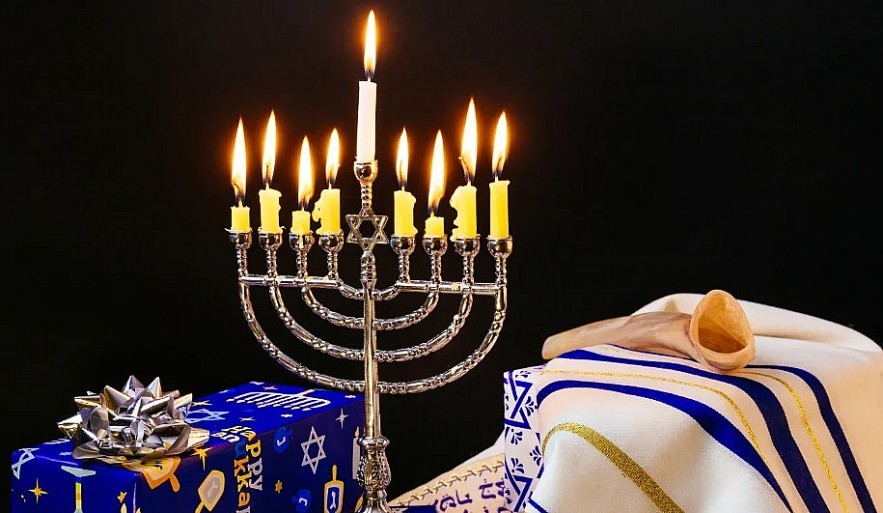 |
| Hanukkah celebration |
Hanukkah celebrations are filled with meaningful rituals, joyful activities, and opportunities to connect with Jewish traditions. Here’s a detailed look at the key components of Hanukkah festivities:
1. Lighting the Menorah
The menorah, a nine-branched candelabra, is the centerpiece of Hanukkah.
- Symbolism: Each candle represents one of the eight nights of Hanukkah, with the ninth candle, the shamash (helper candle), used to light the others.
- Ritual: Each night, families add one candle and recite blessings before lighting them. The menorah is typically placed in a window to share the light and message of Hanukkah with others.
- Songs: After lighting the candles, families often sing traditional songs like Maoz Tzur (Rock of Ages).
2. Dreidel Games
The dreidel, a spinning top with four sides, is a beloved Hanukkah tradition.
- The Game: Players spin the dreidel to win chocolate coins (gelt), nuts, or other small treats.
- Letters and Meaning: The dreidel’s sides feature Hebrew letters (Nun, Gimel, Hei, Shin), which form an acronym for “A great miracle happened there,” referencing the miracle of Hanukkah.
3. Traditional Foods
Hanukkah foods are rich in flavor and symbolism, often fried to honor the miracle of the oil.
- Latkes: Crispy potato pancakes served with applesauce or sour cream.
- Sufganiyot: Jelly-filled donuts dusted with powdered sugar.
- Other Dishes: Brisket, kugel, and other traditional Jewish comfort foods often accompany the festive meals.
4. Gift-Giving
While not originally part of Hanukkah, gift-giving has become a popular custom, especially in Western countries.
- Hanukkah Gelt: Chocolate coins or real money are given as gifts, particularly to children.
- Small Presents: Families often exchange thoughtful gifts each night to add to the festive spirit.
5. Music and Storytelling
Music and storytelling are integral to Hanukkah celebrations:
- Traditional Songs: Favorites like Hanukkah Oh Hanukkah and Sevivon set a joyful tone.
- Storytelling: Families recount the story of the Maccabees and the rededication of the Temple, emphasizing themes of resilience and faith.
6. Public Menorah Lightings
Large menorahs are lit in public spaces, often accompanied by speeches, music, and celebrations:
- Grand Menorah Lightings: Events like those in New York’s Union Square or London’s Trafalgar Square draw large crowds.
- Community Gatherings: Synagogues and Jewish centers host menorah lightings, bringing communities together.
History of Hanukkah
The origins of Hanukkah trace back to the 2nd century BCE, during a time of oppression and religious persecution in Judea.
- The Maccabees’ Revolt: The Seleucid Empire, under King Antiochus IV, sought to impose Greek culture and outlaw Jewish practices. A small group of Jewish rebels, the Maccabees, led a successful uprising.
- Rededication of the Temple: Following their victory, the Maccabees reclaimed the Holy Temple in Jerusalem and rededicated it to the service of God.
- The Miracle of the Oil: When they sought to relight the Temple’s menorah, they found only a small amount of oil, enough for one day. Miraculously, the oil burned for eight days, inspiring the Hanukkah tradition.
Significance of Hanukkah
Hanukkah carries profound religious, cultural, and emotional significance:
- Faith and Resilience: The story of the Maccabees is a testament to the enduring strength of faith in the face of adversity.
- The Miracle of Light: The festival celebrates the divine miracle of the oil, symbolizing hope and the power of light over darkness.
- Jewish Identity: Hanukkah serves as a reminder of the importance of preserving Jewish culture, traditions, and values.
Tips for Celebrating Hanukkah
• Learn the Blessings: Familiarize yourself with the blessings recited during the menorah lighting. Resources like apps or online videos can help.
• Cook Traditional Foods: Try making latkes or sufganiyot to experience the flavors of Hanukkah.
• Play Dreidel Games: Gather friends and family for a fun and educational dreidel game.
• Attend Public Events: Check local Jewish community centers or synagogues for public menorah lightings and concerts.
• Share the Light: Place your menorah in a window to share the festival’s message of hope and light.
• Give Thoughtful Gifts: Consider small, meaningful gifts that reflect the themes of the holiday.
Conclusion
Hanukkah, the Festival of Lights, is a joyous celebration that brings families and communities together to honor Jewish history, resilience, and traditions. From lighting the menorah to sharing meals and spinning dreidels, the rituals and customs of Hanukkah illuminate the values of hope, unity, and the enduring power of light. Whether celebrated privately at home or in public gatherings, Hanukkah offers a meaningful and festive way to brighten the winter season and reflect on the miracles of the past.
FAQs About Hanukkah
1. Is Hanukkah the "Jewish Christmas"?
No, Hanukkah is a distinct holiday with its own historical and cultural significance. While it occurs around the same time as Christmas, it commemorates the rededication of the Holy Temple and the miracle of the oil.
2. Do all Jewish people celebrate Hanukkah?
Hanukkah is widely celebrated by Jewish people around the world, though the ways it is observed may vary depending on personal or community traditions.
3. What is the significance of the menorah?
The menorah symbolizes the miracle of the oil that burned for eight days. Lighting the menorah each night represents hope, resilience, and the power of light.
4. Can non-Jews participate in Hanukkah celebrations?
Yes! Many Jewish communities welcome non-Jews to attend public menorah lightings, concerts, or other events to learn about and celebrate Hanukkah.
5. What is Hanukkah gelt?
Hanukkah gelt refers to gifts of money or chocolate coins, often given to children. It is a playful tradition tied to the holiday.
6. What foods are traditionally eaten during Hanukkah?
Latkes (potato pancakes) and sufganiyot (jelly donuts) are popular Hanukkah foods, both fried in oil to commemorate the miracle of the oil.
Hanukkah invites everyone to reflect on themes of light, resilience, and unity, making it a beautiful and inspiring festival for all.
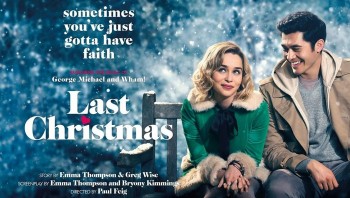 Top 10 Christmas Songs of 2024: Stories, Timeless Hits, and Fascinating Facts Top 10 Christmas Songs of 2024: Stories, Timeless Hits, and Fascinating Facts Christmas music is more than just festive background sound; it's a cultural treasure that evokes memories, nostalgia, and joy. |
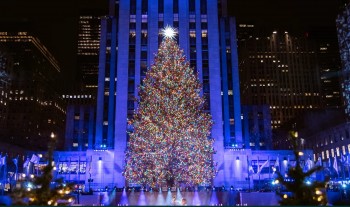 Rockefeller Center Christmas Tree Lighting 2024: Date, Time, Location, Facts and How to Watch Rockefeller Center Christmas Tree Lighting 2024: Date, Time, Location, Facts and How to Watch The Rockefeller Center Christmas Tree Lighting is one of New York City's most cherished holiday traditions, attracting locals and tourists alike. Held annually at Rockefeller ... |
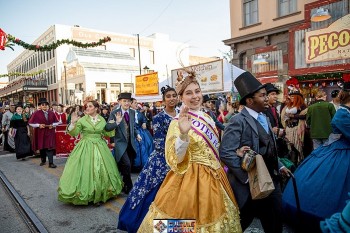 Dickens on the Strand 2024: Date, Location, How to Visit, Activities and Events Dickens on the Strand 2024: Date, Location, How to Visit, Activities and Events KnowInsiders's guide explores every aspect of Dickens on the Strand, from its rich history to practical tips for attendees, offering a comprehensive look at one ... |
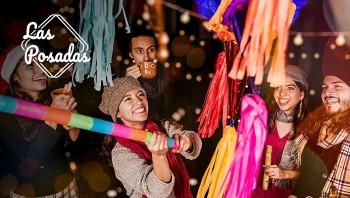 Las Posadas Festival 2024: Date, Location, How to Visit, Activities and Events Las Posadas Festival 2024: Date, Location, How to Visit, Activities and Events Here is a comprehensive look at the Las Posadas Festival in the U.S for December, its history, significance, and all the details you need to ... |

